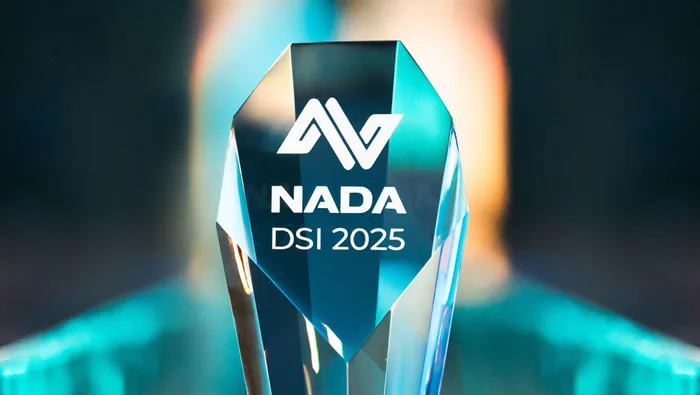
The NADA Dealer Satisfaction Index (DSI) measures dealer satisfaction with OEMs.
Image: Supplied
Vehicle dealers face a great deal of pressure in maintaining customer satisfaction, often under trying circumstances. But how much support do they receive from the car manufacturers whose brands they represent?
This often overlooked aspect, which affects a dealer’s ability to provide satisfactory service, is highlighted by the National Automobile Dealers’ Association’s (NADA) annual Dealer Satisfaction Index (DSI).
Consisting of online questionnaires tailored to dealer principals, the 2025 DSI survey gathered 1,588 responses across all vehicle segments, covering around 87% of the country's dealer footprint.
The scores, which were benchmarked against industry averages, rated original equipment manufacturers (OEMs) according to three criteria: Dealer Friendly (20%), Investor Friendly (40%), and Customer Friendly (40%).
When the scores were tallied, Platinum, Gold, Silver, and Bronze status awards were allocated to the top-performing OEMs:
Passenger and LCV Segment
Commercial Vehicle Segment
The top performers have also seen success on the sales charts, with Suzuki Auto having become South Africa's second best-selling car brand in 2025. BMW, although affected by a general decline in premium vehicle sales, has gained back some ground in recent times, rejoining the top 10 in June 2025.
On the commercial front, Hino has scored above 85% for five consecutive years, firmly establishing itself as a consistent top performer.
Further to the above-mentioned, Most Improved awards were handed to GWM in the Passenger/LCV category and to Tata Commercial in the commercial segment.
In the used vehicle segment, Mini’s approved used car programme came out tops, followed by BMW and Mercedes-Benz passenger cars.
“The DSI Survey is more than a scorecard. It’s a catalyst for open, honest dialogue between dealers and manufacturers,” said Brandon Cohen, chairperson of NADA.
“At a time when agility and mutual support are more important than ever, the insights from this year’s study offer a valuable roadmap for building stronger partnerships and a more resilient retail ecosystem.”
This is particularly pertinent given how AI is transforming how dealers operate, from backend systems to customer-facing solutions, Cohen added.
“But at the heart of our industry, people still buy from people. The OEMs and dealer networks that succeed will be those who embrace innovation while continuing to build authentic human relationships. Fostering genuine connection, alongside technological advancement, will define long-term success.”
Dealer sentiment surrounding electric and plug-in hybrid vehicles was also explored in the survey. In that regard, the vast majority of respondents indicated that launching these models could significantly enhance a manufacturer’s vehicle portfolio.
NADA’s DSI Survey is now in its 29th year, having been sponsored by WesBank for 21 years, and its research methodology is benchmarked against leading international counterparts, including NADA USA and the UK’s NFDA.
IOL Motoring
Related Topics: